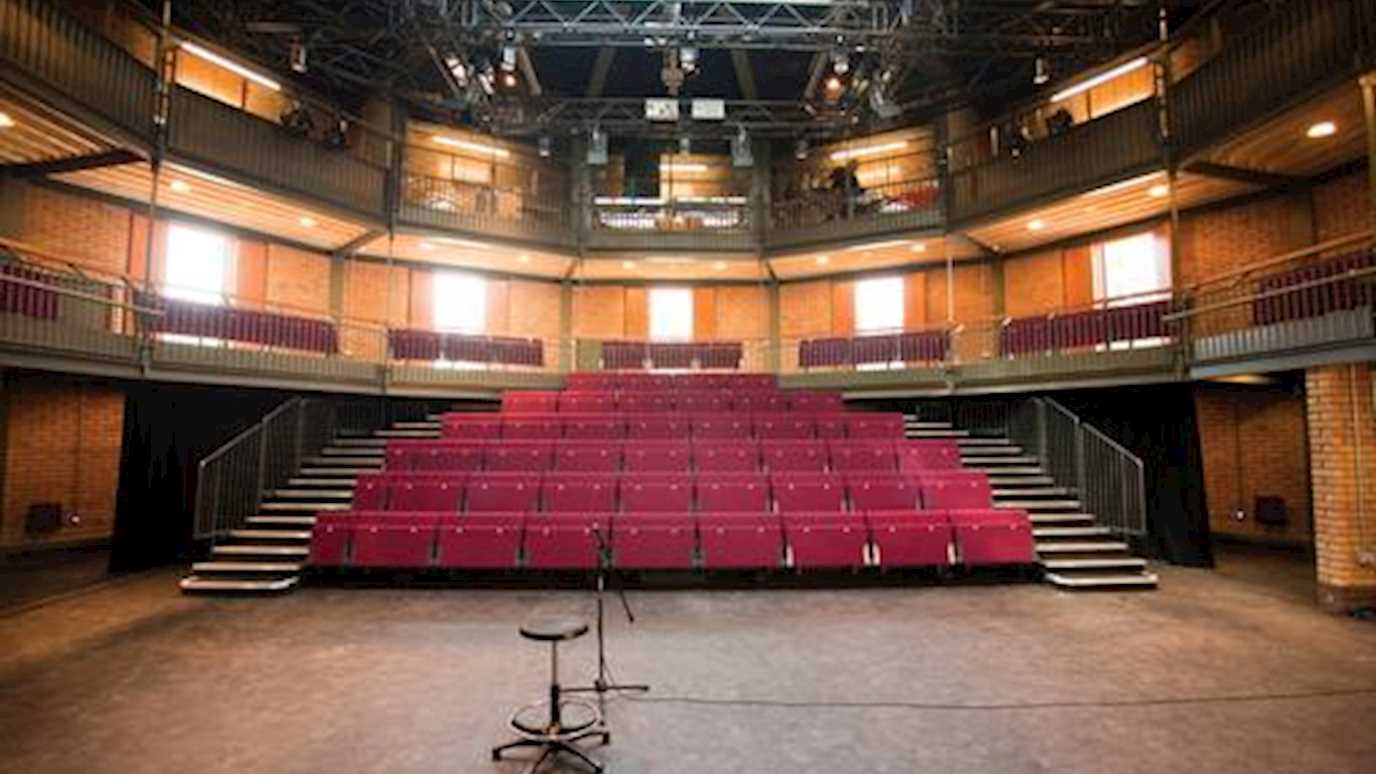Each year you will take three course units in Drama and one in Philosophy.
The course has a modular structure, whereby students take 12 course units at the rate of four per year. Some course units are compulsory, while others are elective, thereby offering flexibility and some choice.
You'll be taught through a combination of lectures, seminar/workshops, and for Drama, presentation of your research and practical experimentation, with or without written texts. IT applications are used to explore many aspects of the subject, and we support your capability in this area through an Information Technology Skills course. Private study and preparation are essential parts of every course, and you will have access to many online resources and the University’s comprehensive e-learning facility, Moodle. Academic staff hold regular drop-in consultation sessions with students and, when you start with us, you will be assigned a Personal Tutor to support you academically and personally.
Assessment methods match the course content. For most course units, you will be assessed on pieces of work, usually an essay, or assignment such as a seminar presentation or a performance. You will sometimes be assessed as part of a group. The Philosophy part of the degree operates examinations, though Drama does not.
You will also take a study skills course during your first year, designed to equip you with and enhance the writing skills you will need to be successful in your degree. This course does not count towards your final degree award but you are required to pass it to progress to your second year.
The results of your first year qualify you to progress to the second year but do not contribute to your final degree award. The second and final year results do contribute to the final degree result, with the final year work counting double that of the second year.
All undergraduate degree courses at Royal Holloway are based on the course unit system. This system provides an effective and flexible approach to study, while ensuring that our degrees have a coherent and developmental structure.
























